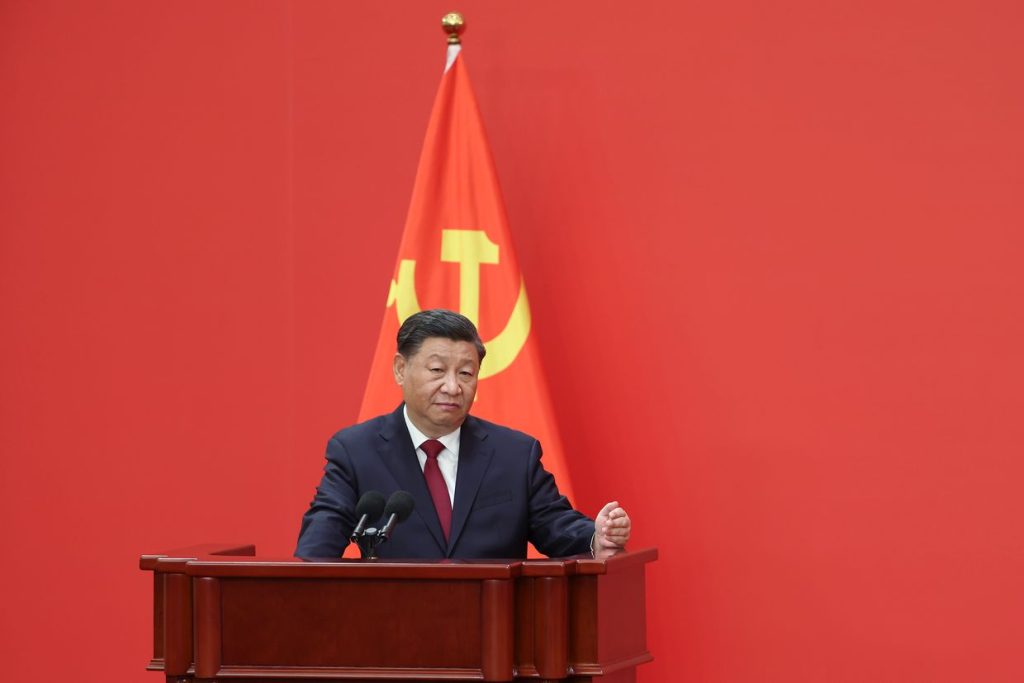The United States is planning a phone call between President Joe Biden and Chinese President Xi Jinping to discuss key issues, including China’s support for Russia’s military capabilities. Recent reports have revealed that a Chinese company is providing lethal assistance to a U.S.-sanctioned Russian firm developing drones for use in Ukraine, further complicating relations between the U.S. and China. Additionally, China has been celebrating 75 years of Communist Party rule, with President Xi reaffirming intentions to “reunite” Taiwan with mainland China, despite U.S. support for Taiwan’s defense. Taiwan, facing daily threats, has been ordering weapons from the U.S. and supporting Ukraine with humanitarian aid, ranking fourth in Indo-Pacific nations in commitments to Ukraine.
Amidst these tensions, the U.S. Department of Homeland Security (DHS) has identified Russia, Iran, and China as the most significant threats to critical infrastructure and democratic institutions in the United States. A DHS report released on October 2 raised concerns about potential interference in the upcoming presidential election, noting that these countries have increasingly used generative AI to create more believable content that could manipulate U.S. audiences while concealing their origins. The warning signals the need for heightened vigilance against foreign interference in the U.S. political landscape.
The relationship between the U.S., China, and Russia has become increasingly complex, with China’s support for Russia’s military efforts in Ukraine further straining diplomatic ties between Washington and Beijing. As the U.S. plans a phone call between President Biden and President Xi, discussions are expected to address these key issues and potentially pave the way for a better understanding between the two superpowers. China’s role in supplying dual-use goods to Russia and its support for Moscow’s actions in Ukraine have raised concerns in the U.S. and added another layer of complexity to the global geopolitical landscape.
Taiwan, a key player in the region, has been actively involved in supporting Ukraine and imposing sanctions on Russia following its invasion, aligning itself with Western allies in condemning Moscow’s actions. Despite facing daily threats from China and advocating for its own sovereignty, Taiwan has shown solidarity with Ukraine and demonstrated its commitment to international efforts to address the crisis. By ordering weapons from the U.S. and providing humanitarian aid to Ukraine, Taiwan has positioned itself as a significant player in Indo-Pacific affairs and a key ally for Western democracies in countering aggression from authoritarian regimes.
The U.S. government’s identification of Russia, Iran, and China as the biggest threats to critical infrastructure and democratic institutions underscores the challenges posed by foreign interference in American society. With concerns about the use of generative AI to manipulate information and deceive U.S. audiences, the DHS report highlights the need for robust cybersecurity measures and vigilance in safeguarding the integrity of the democratic process. As the U.S. prepares for upcoming elections, the warning serves as a reminder of the ongoing threats posed by hostile foreign actors and the importance of defending against their malicious activities.


